Welcome to another Manic Monday…
Today I have the pleasure of hosting Darik Brooks, author of Trinity of the Sun.
Present Tense Fiction Writing, a Question of Timing
By Darik Brooks
We have seen it many times before, “Once upon a time in a dark and dreary forest, lived an old cobbler and his wife,” or, “As they fled, their sinister pursuer panted heavily in the early morning fog. That raspy wheeze reassured them the bloodied, vengeful menace was still behind them.” Yes, it is that age-old, past tense writing perspective: the point of view of the proverbial storyteller. Throughout history, myths, folktales, legends, and countless other stories have been told in the past tense. Storytelling was primarily an oral tradition and that habit of telling tales in the past tense continued into the first manuscripts. Certainly, there may be exceptions to this generalization, but it seems that from the first historical accounts to biographies of pharaohs to often-repeated myths, many stories written for the present maintain that characteristic, past tense perspective. Now, you are probably asking yourself, what is wrong with using past tense to tell a story? My answer to that – nothing at all is wrong with it. It works in most cases. Bedtime stories emphatically need that past tense cushion so those who hear them can still sleep. It is the perfect tense for your cozy crime thriller, a documentary journey to Tibet, or in relating how you kicked the smoking habit, but is it the best word tense for everything?
Lately, fiction writers have been experimenting with writing novels in the present tense. Yes, you are reading that correctly. The present tense is coming to a bookstore near you! Okay, historically speaking, a handful of writers have experimented with present tense writing, and it is gaining a mild resurgence in modern times. Admittedly, there are many readers and authors who utterly deplore using present tense in novels, dispelling such approaches as trendy and limited. Their perspective is understandable and I certainly do not want to see every book written in the present tense. However, horror, suspense, and fantasy novelists can extend that sought-after dramatic edge by shedding that mantle of past tense storytelling and being a few more seconds closer to now. Any reader can see how bringing action and suspense into the present tense can create an engaging story with an edge. Traditional applications of word tense just cannot give fiction the same sharpened edge as present tense writing can. Moreover, present tense writers can use characters’ own past tense narrations in contrast to present tense storylines, giving their novels added dimensions.
I like to call present tense writing the movie effect. I think we would all agree that it would be absurd to make movies in the past tense like the stories they are based on. That is not the nature of acting and stage or film production, unless used for the effect, like in documentaries or in narrated fictional tales. Authors have been narrating plots, scenes, and characters for centuries in the past tense, whereas movie crews recreate stories, more or less, in the present tense with a company of actors portraying the characters. Thus, reading a present tense novel is oddly similar to how a movie keeps the viewer in the center of the action, intimate with the characters, instead of moments or centuries removed. Writing this way is no easy task. Learning to tell stories in the present is a challenge because we authors have been programmed, as readers, to see and relate events in the past tense. Authors, after habituating themselves to converting all verbs to the present tense, eventually learn to see the story in the present, with the movie effect. Telling a story in present tense requires subtle shifts in the way an author thinks and sees his/her characters, scenes, and events.
I like to think of writing as an evolving experiment in prose. If we do not experiment with how we write stories, the very art of storytelling may cease to evolve. As with many experiments, the test of time is the grand arbiter of any composition’s merit. I have written my first two novels in the present tense and it will be some time before I really know if it works for me, as an author and reader. Until then, I guess it is just a question of timing – past, present, or future?
Darik Brooks is the author of the suspenseful, present tense eBook, Trinity of the Sun: Book I, available at Amazon, B&N, and iBookstore as well as at many retailers worldwide. Darik enjoys beekeeping, homesteading, and writing at his mountain hideaway.
Thank you for joining us today. Swing in on Friday to find out more about my FBI agent Steve Williams and my latest novel in the Steve Williams series - Georgia Reign.
Until then,
Ciao.
JET
Subscribe to:
Post Comments (Atom)


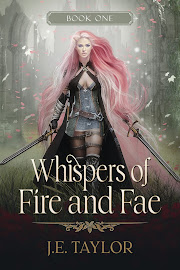

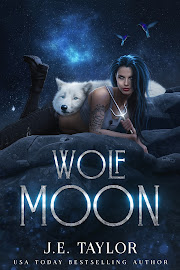
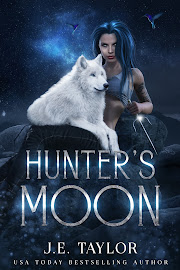





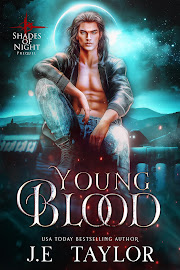
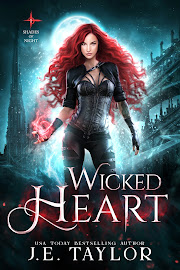
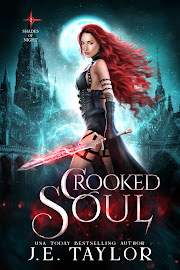
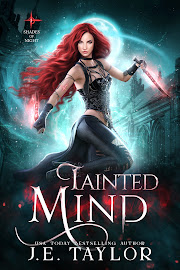
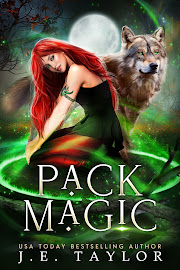


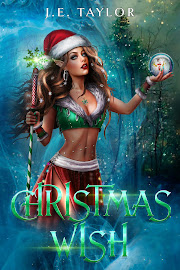
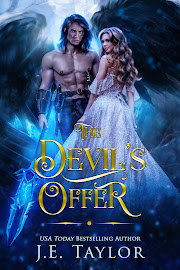

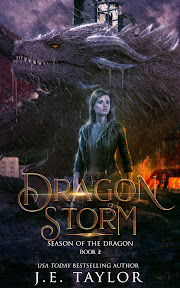





















































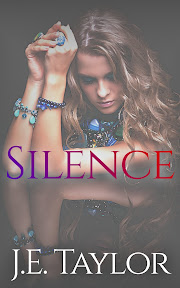

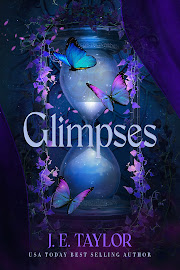
2 comments:
While I do not deplore the use of present tense since I know several very good novels that use it, I DO deplore people who denigrate works that do not use it. Tell yourself all you want that we "cannot give fiction the same sharpened edge as present tense writing can" to assure yourself of superiority, but it simply isn't true.
In the hands of a good author, present tense can be effective. Most of the time, however, it is simply jarring, popping the reader right out of the story.
Thank you for your comments. I regret that you see this post as offensive. I did not intend it to be.
Darik
Post a Comment